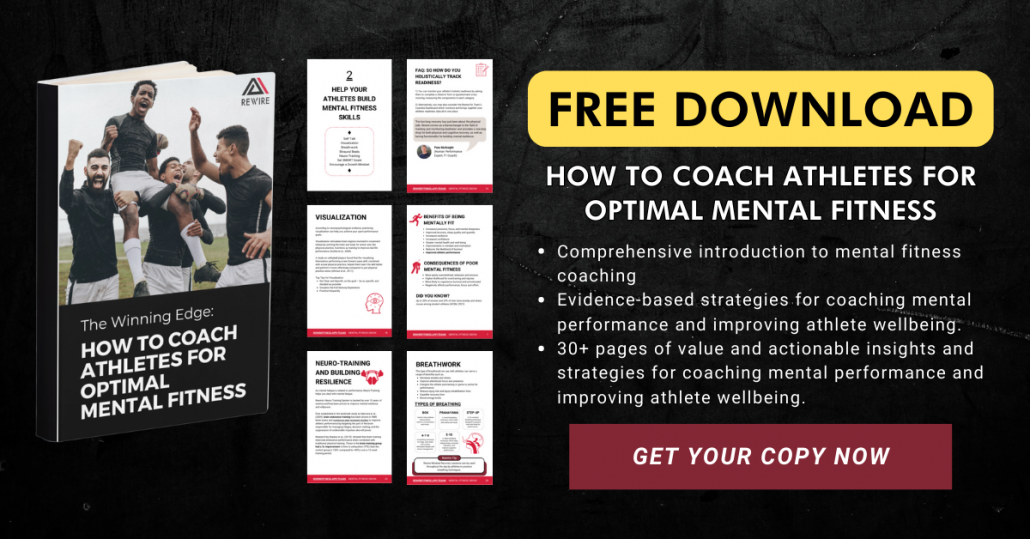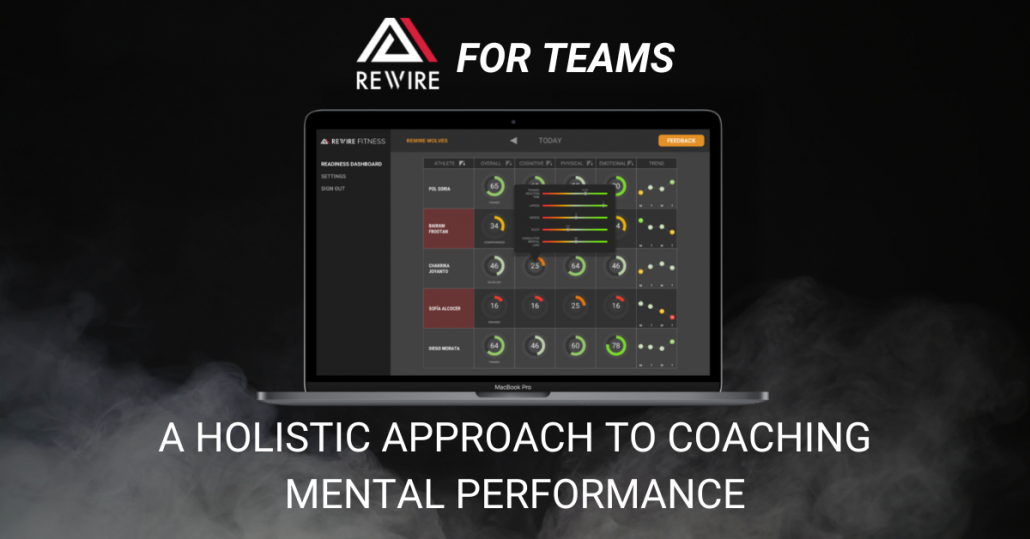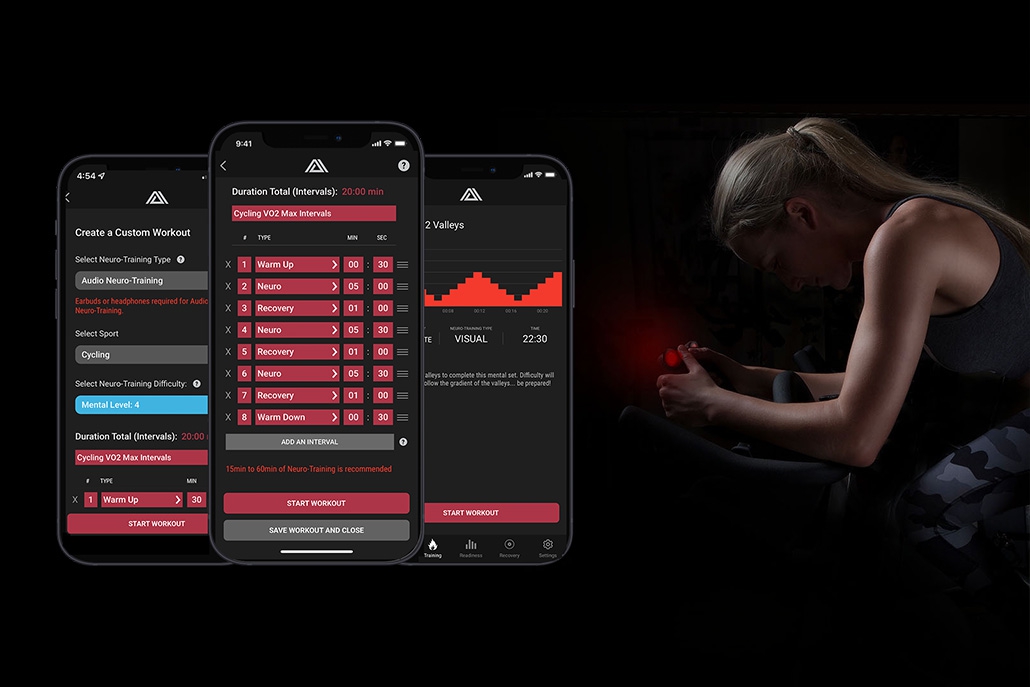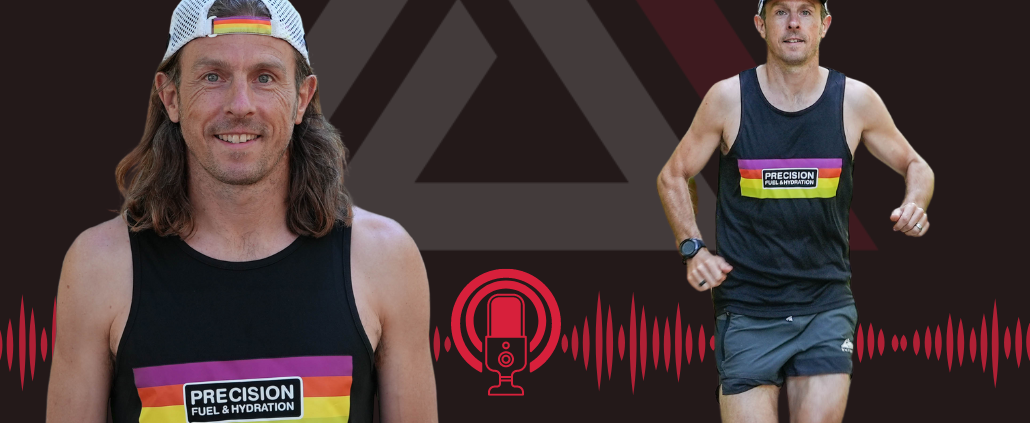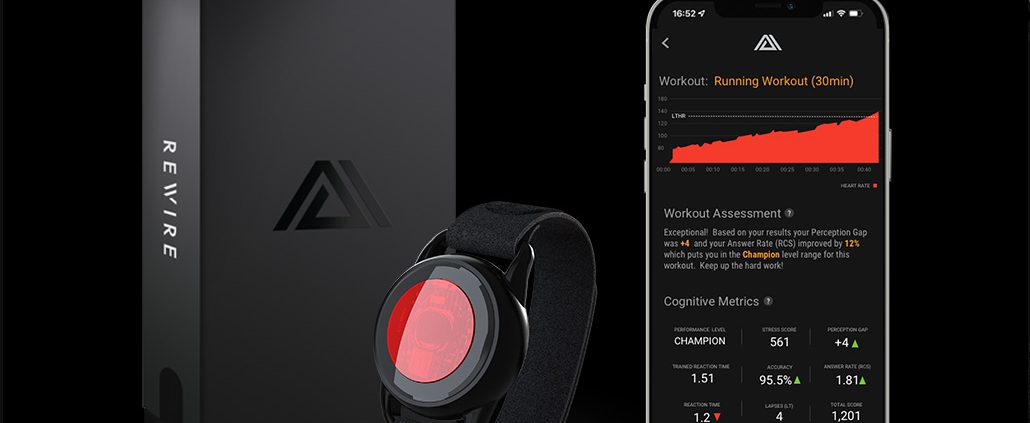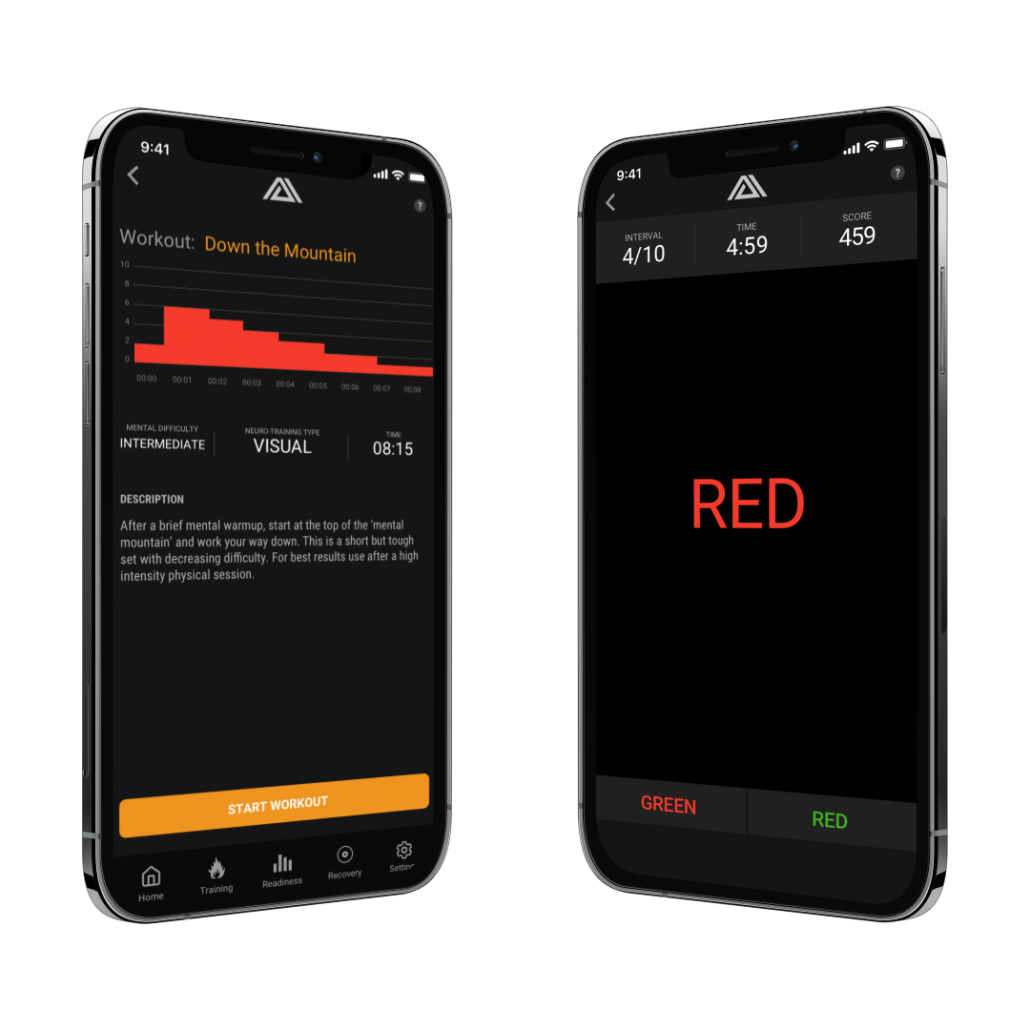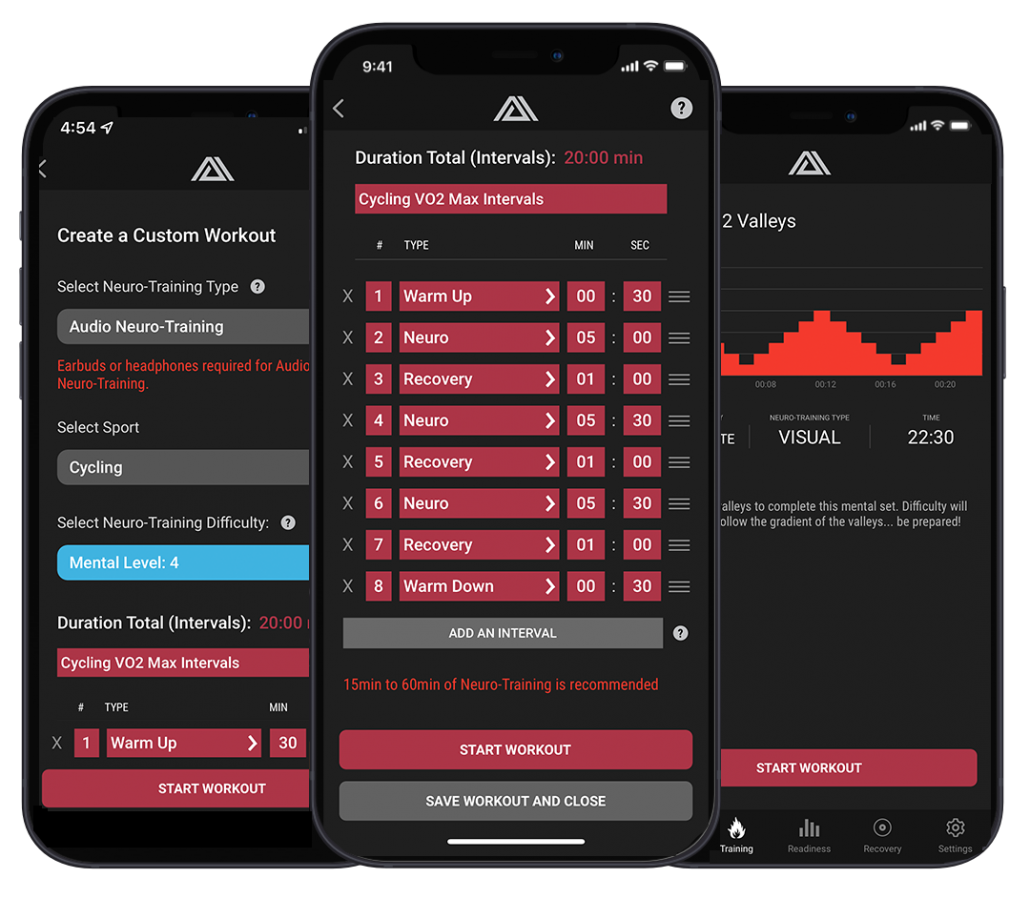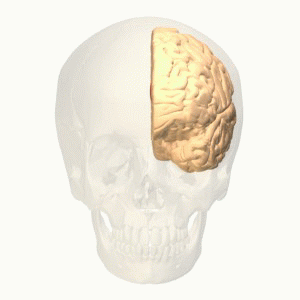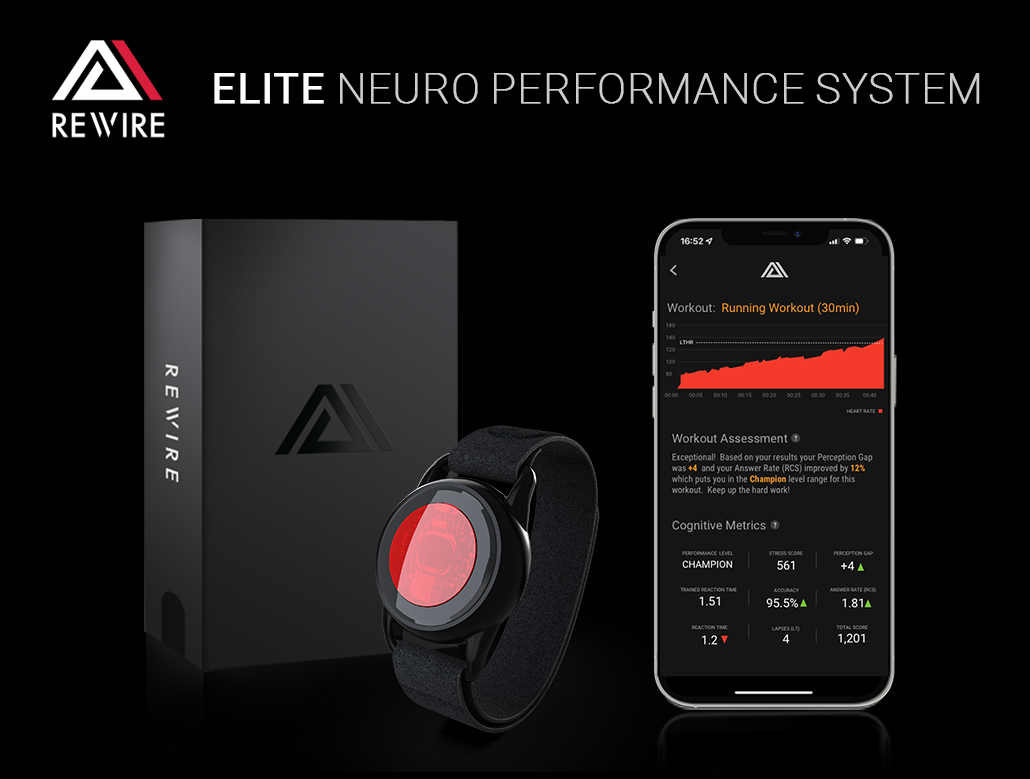How to Teach Mental Toughness in Sports
Mental toughness is often associated with an unshakable self-belief, the refusal to quit, and impressive self confidence.
Professional athletes, in particular, are known to face adversity head-on, staying concentrated on the task at hand, regardless of what obstacles are thrown their way [2].
Many of the very best athletes understand that the need to develop mental toughness is crucial. It’s what separates the best from the very best.
Conversely, if an athlete lacks mental toughness, then they are less likely to give it their all in both training and competition.
Which athlete would you rather have on your team?
Some athletes are more mentally tough than others; it’s just how it is. And it’s the way that it will always be.
But mental toughness can be trained. So that’s what this blog post is all about — this is a guide for coaches on how to teach mental toughness in sports.
Key takeaways:
- Mental toughness and resilience can be trained
- Use SMART goal setting to build discipline and accountability
- Create training scenarios to mimic dips in mental toughness
Grateful and relieved to finally put this chapter behind me, it has been an emotional 9 months. Thank you to all of those who have supported and believed in me throughout. pic.twitter.com/OGzsg83Gjj
— Chris Froome (@chrisfroome) July 2, 2018
A few examples of mental toughness in sport
When you think of an athlete who is mentally tough, your mind likely goes to those who persevere and push through adversity. Usually, it’s the athletes who show up and give it their all, game after game, session after session.
It’s the talented athletes who have the mental strength to ride a solo breakaway at the Giro d’Italia with 80 km to go. It’s those who play with food poisoning and get promoted to the NBA finals. And it’s the athletes who fight with their teammate for multiple seasons but go on to win the world championship with Mercedes at the very last Formula One race of the season in Abu Dhabi.
It’s the Chris Froomes, the Michael Jordans, and the Nico Rosbergs of the world. They’re all incredible athletes who can access the present moment and play the mental game exceptionally well.
And that’s only a few examples of elite athletes who have unshakable mental toughness.

The “food poisoning game”
It’s game 5 of the 1997 NBA finals — the Chicago Bulls vs Utah Jazz.
It’s 2 am in the early hours of the morning, and Michael Jordan orders a pizza. He’s starving, and there’s only 1 place open. But what he doesn’t know is that he’ll later go on to get food poisoning, spending all day in bed, throwing up.
Most people would not play the same evening. Most people would still be in bed, wishing they could play and feeling sorry for themselves. But not Michael Jordan.
Jordan was the heart and centre of that game. He went on to score 38 points, 7 rebounds, 5 assists, and 3 steals. The Chicago Bulls moved on to game 6 and went on to win the 1997 NBA finals.
The game was labelled the famous “food poisoning game,” and to this day, nobody knows how Michael Jordan did it.
If this isn’t the most perfect example of mental toughness in Elite sport we’ve ever seen, then what is?
It may sound simple, but both winning and losing can become a mindset, and I won’t accept losing – ever. — Scottie Pippen, Former Basketball Player for The Chicago Bulls.

How to teach mental toughness
Many athletes and coaches stand firm in the belief that mental toughness is genetic — it’s a thing some athletes have. And something other athletes do not have.
And while we agree that some athletes may be naturally more mentally tough than others, coaches can still teach mental toughness in sports.
But how do you teach it, you ask?
- Teach discipline and goal-directed behaviour
- Use failure as an opportunity to learn
- Create training scenarios to mimic competition
- Use Rewire to improve mental toughness
Teach discipline and goal-directed behaviour
Expert coaches and elite athletes agree that discipline and goal-directed behaviour are essential components of mental toughness [1].
As a coach, you should use goal-setting principles to keep your athletes motivated and focused on the task at hand. So when it comes to it, they can rise up to the challenge and practise mental toughness.
You should coach your athletes on how to set SMART goals. This type of goal setting is very effective in sports and can help athletes persevere, whether rehabbing from an injury or practising their free throw.
The SMART acronym stands for [3]:
- Specific: state exactly what you want to achieve or improve.
- Measurable: how can you accurately measure progress?
- Achievable: Is it possible? You need to be realistic.
- Realistic: your goals should be challenging, but not impossible.
- Time-bound: set a realistic timeframe to achieve your goals.

Use failure as an opportunity to learn
The very best athletes use failure as an opportunity to learn, grow, and improve.
And although it’s a useful tool to get better, many athletes (and everyday people) do not do well with failure.
Failure can easily knock an athlete’s self confidence, and just easily negatively impact their mental toughness.
As a coach, you should teach your athletes not to fear failure. Embracing failure is a way to get better — to find your weaknesses (as a player or a team), and ultimately provides the groundwork and motivation to do better.
Athletes do not want to make mistakes. But it’s these mistakes that allow them to learn and improve. Take Jonny Brownlee, for example; he was set to win the final race of the World Triathlon Series in Mexico back in 2016, only to encounter severe dehydration in the final stretch of the race. He would have won the race, but instead, he was carried over the finish line by his brother, Alistair, to finish second.
And what did Jonny do? He made sure not to make the same hydration mistakes again.
It’s these mistakes that can be very difficult to deal with in the moment, but are crucial mistakes to learn. It’s what creates mentally tough athletes.
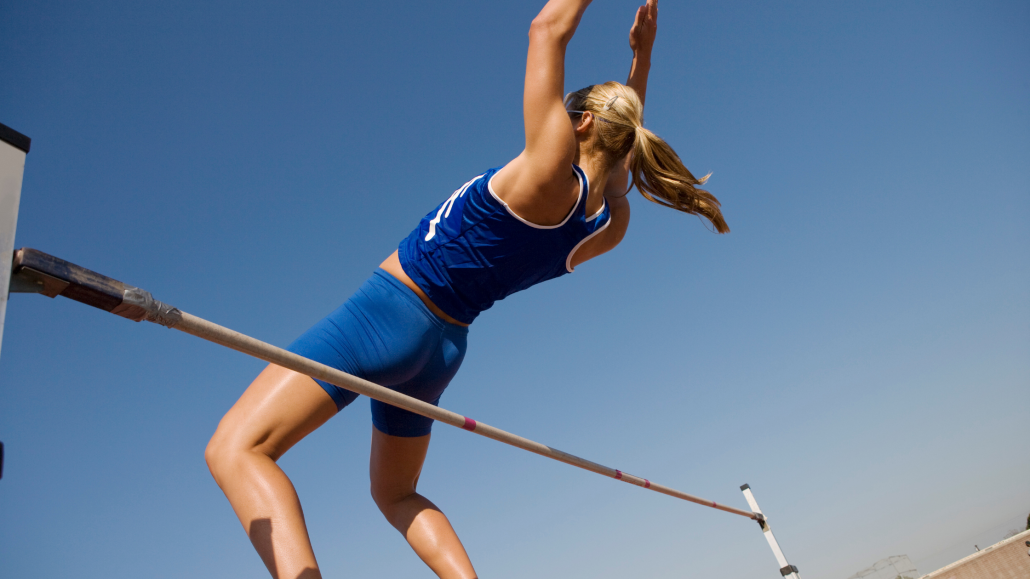
Create training scenarios to mimic competition
During competition, you might notice some athletes lose motivation and subsequent mental toughness — they’re more likely to make a mistake, less likely to put in the effort, and may allow the decision from a referee to get the best of them.
Situations that zap mental toughness can be coached and mitigated in training.
For example, if an athlete loses motivation and scuffs their shots when they’re losing, create the same scenario in training to mimic competition.
Practice lapses in mental toughness and motivation in practice, and make sure they don’t happen when they matter most.
Use Rewire for teams to improve mental toughness
Coaches can use Rewire to improve focus, increase readiness for their athletes to perform, and reduce stress.
Athletes also gain access to the Athlete Platform — the ultimate toolkit to help athletes improve mindset, manage stress, and improve mental toughness in the run-up to competition.
Coaches can use Rewire to prescribe neuro-training sessions that best suit an athlete’s readiness. Athletes can also select their own neuro-training protocols to further build mental toughness and resilience. The neuro-training sessions utilises brain-endurance training protocols to help athletes build mental toughness.
Related: Overview of Rewire’s Neuro-Training System
And that’s not it. Coaches can use Rewire to assess athletes’ readiness scores — this allows you to adjust training load and intensity for each athlete based on how they feel mentally and physically.
“There has been huge advancements in the way we train the body for peak performance. I truly believe that the next major gains will be surrounding the brain/body connection. Rewire Fitness is an app that helps with just that.” — Matt Hanson, Professional Triathlete and Coach.
How do athletes work on mental toughness?
You can apply all the best coaching principles in the world, but at the end of the day, your athletes also need to work on their mental toughness.
They need to apply the principles and practise the habits and lessons to increase their mental toughness.
Athletes can also use tools such as Rewire, using scientifically proven neuro-training protocols to build mental toughness and resilience.
“With the app, it’s giving you a controlled environment and structure so that you can choose when you want to add mental training to your workouts, and you can do it as often as you’d like.” — Laura Kline, Elite Ultra runner & Endurance Athlete.
FAQs
How to build mental toughness in young athletes?
To build mental toughness in youth athletes, you should practise discipline and SMART goal setting. Make sure to set difficult but achievable goals for the best results.
Related: How to Build Mental Toughness in Youth Athletes
What is the best sport for mental toughness?
Virtually all sports, when done correctly, can be an excellent vessel for improving mental toughness. Although, gymnastics is often a standout sport for many, especially because athletes start training as early as 2 years old.
Can mental toughness be trained?
Yes! Mental toughness and mental resilience can be trained. And while some athletes may naturally be more mentally tough than others, the trait can certainly be improved.
References:
Fourie, S. and Potgieter, J.R., 2001. The nature of mental toughness in sport. South African Journal for Research in Sport, Physical Education and Recreation, 23(2), pp.63-72.
Liew, G.C., Kuan, G., Chin, N.S. and Hashim, H.A., 2019. Mental toughness in sport. German Journal of Exercise and Sport Research, 49(4), pp.381-394.
McCarthy, P.J. and Gupta, S., 2022. Set goals to get goals: Sowing seeds for success in sports. Frontiers for Young Minds, 10(10.3389).
